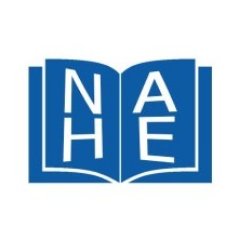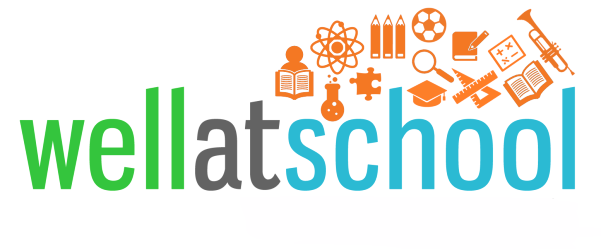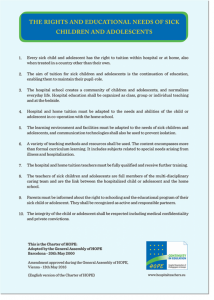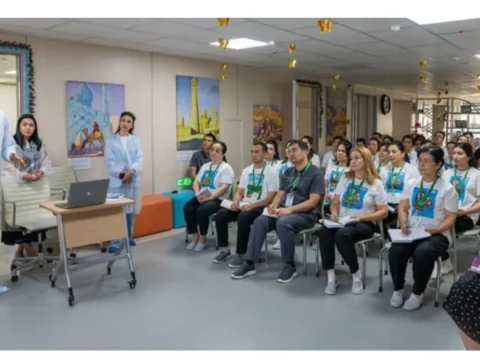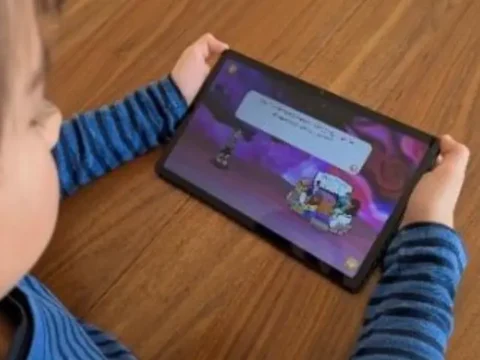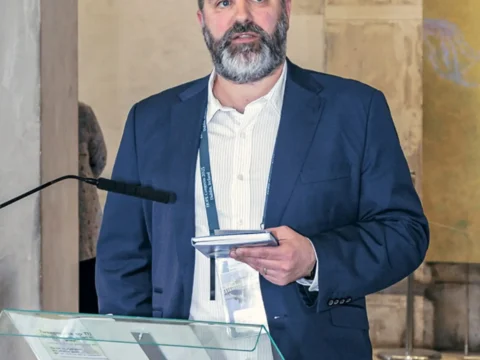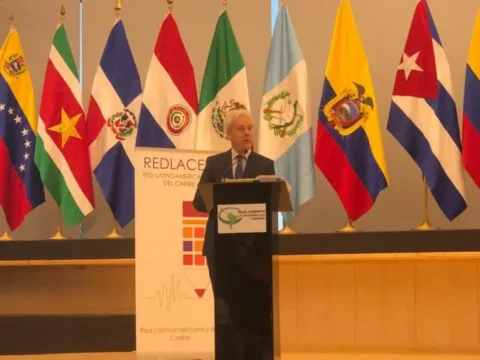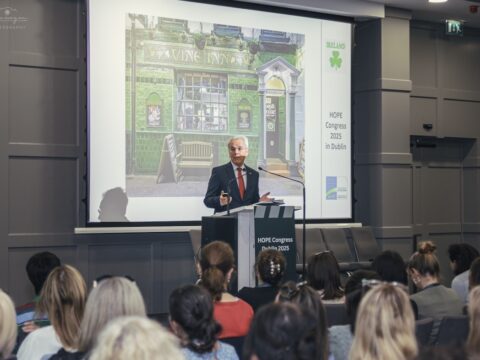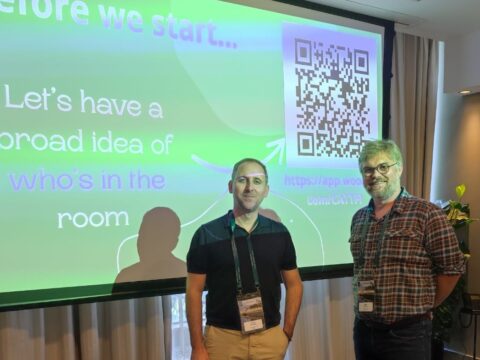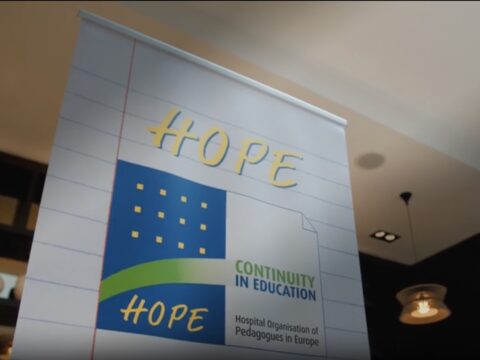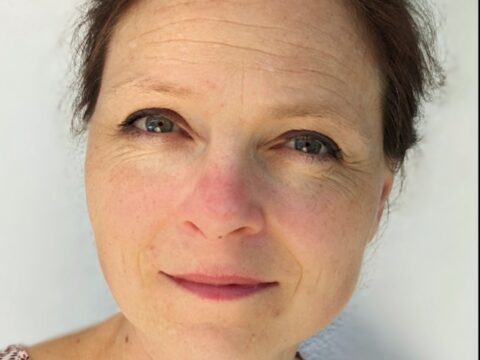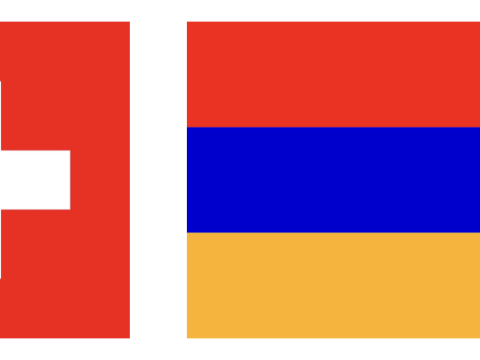The journey to Uzbekistan (07–14 September 2025) was made possible through an initial encounter with Uzbek colleagues at the HOPE Congress in Dublin earlier that year. This meeting laid the foundation for deeper dialogue and cooperation. The field of hospital pedagogy has increasingly become an international point of reference for inclusive education, and the visit offered valuable insights into how educational and health systems in Central Asia address the needs of children with chronic illnesses, particularly cancer. These experiences not only broaden the comparative perspective but also provide impulses that may enrich ongoing debates in Europe.
Hospital Schools as Specialised Institutions
A central discovery was the existence of ten schools in Uzbekistan dedicated exclusively to children with cancer. This institutional structure highlights the strong educational and health policy commitment of the country to the reintegration of ill children into everyday learning. The Mehrli Maktab school exemplifies this approach: while children spend limited time within its walls, the pedagogy extends beyond the classroom, fostering continuity of learning and social participation.
During the visit, lectures on the reintegration of children with cancer into mainstream schooling and on the pedagogical use of specialized teaching materials triggered lively discussions. Teachers and psychologists from across Uzbekistan, both in person and via online participation, engaged deeply with questions of destigmatisation, cancer prevention, and support strategies for children and families. Their responses revealed a strong awareness that hospital pedagogy must be embedded in broader concepts of inclusion.
Lecture on the reintegration of children with cancer into school
Integration of Medical and Pedagogical Expertise
A distinctive feature of the Uzbek school system is the presence of at least one nurse in every institution. This systematic linkage of medical and pedagogical expertise enables timely support for children with chronic conditions such as diabetes or epilepsy, ensuring that health-related needs do not become barriers to learning. The close cooperation between teachers and nursing staff illustrates how principles of hospital pedagogy can be embedded into everyday school structures rather than remaining limited to exceptional interventions. By institutionalizing this collaboration, Uzbekistan offers an innovative model of inclusive education that carries significant relevance for Germany and the wider European context.
University and Ministry Engagement
Hospital pedagogy was also placed firmly on the agenda of higher education. At the University of Pedagogy and Psychology in Tashkent, more than 250 students and lecturers attended a lecture on teaching materials for use in schools to promote awareness, empathy, and inclusion regarding childhood cancer. The discussion underscored that inclusion encompasses not only academic participation but also respect, acceptance, and the strengthening of children’s self-confidence.
At the Ministry of Pre-School and School Education, meetings with the Department for Inclusive Education addressed future cooperation, including autism spectrum disorders and chronic illness. These exchanges illustrate that hospital pedagogy is increasingly recognized as a strategic field in the modernization of education systems.
Towards Sustainable Cooperation
The visit culminated in agreements to formalize collaboration through a Memorandum of Understanding, joint research projects, and exchange programs for students and teachers. These steps align with broader internationalization efforts in hospital pedagogy, extending LMU Munich’s established cooperation with Tanzania, Bosnia-Herzegovina, and Latin America to Central Asia.
Conclusion
The Uzbek experience highlights that hospital pedagogy must be understood as both a specialized and a systemic practice: specialized in its focus on chronically ill children, yet systemic in its integration of health and education. The interplay between schools, hospitals, families, and policy institutions defines its success. International exchange in this field not only strengthens scientific understanding but also promotes inclusion, dignity, and resilience for children facing serious illness.
By embedding hospital pedagogy within international networks, we contribute to a more equitable global education landscape—one where health challenges do not translate into educational exclusion. Uzbekistan’s example demonstrates how innovative structures can open new perspectives for hospital pedagogy worldwide.
Contact: Dr. Luiz André dos Santos Gomes (LMU Munich in Germany)
Email address: a.gomes@edu.lmu.de
You can download a full report here (pdf).





